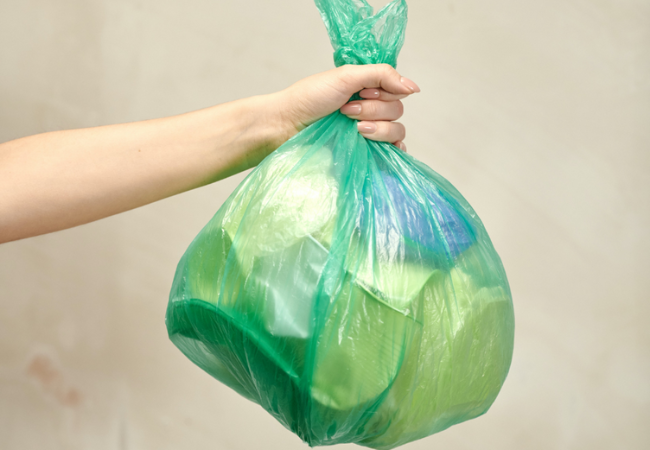If you’re anything like us, you’ve likely heard the term “single-use carrier bag” being tossed around when shopping or grocery stores. You might be wondering: what exactly is a single-use carrier bag?
A single-use carrier bag is a plastic bag that is used to transport goods from a store to your home or destination. They are typically made of thin plastic and are designed to be used just once. After they are used, they are then disposed of in the trash.
The creation of single-use carrier bags can be traced back to the late 1960s when plastics became more popularised and prevalent in everyday life. They were seen as a more convenient and hygienic option compared to reusable shopping bags.
However, over the years, there has been growing concern over the impact of single-use carrier bags on the environment. They don’t biodegrade and take hundreds of years to decompose, polluting our oceans and harming wildlife in the process. They also require a significant amount of energy to produce and transport, contributing to greenhouse gas emissions and climate change.
Many countries and cities have implemented various regulations or outright bans on single-use carrier bags to reduce their negative impacts on the environment. Some stores have also started offering alternatives such as reusable bags like jute, cotton and paper bags, or charging extra for single-use bags to encourage customers to bring their own.
As consumers, we can also make a difference by reducing our use of single-use carrier bags. We can opt for reusable bags when shopping and bring them with us whenever we go to the store. We can also reduce our reliance on plastic packaging and choose products with less packaging or packaging that is recyclable.
In conclusion, a single-use carrier bag is a plastic bag that is designed to be used just once. While they may seem convenient, their negative impacts on the environment cannot be ignored. It is our responsibility as consumers to reduce our use of single-use bags and make more sustainable choices whenever possible.


